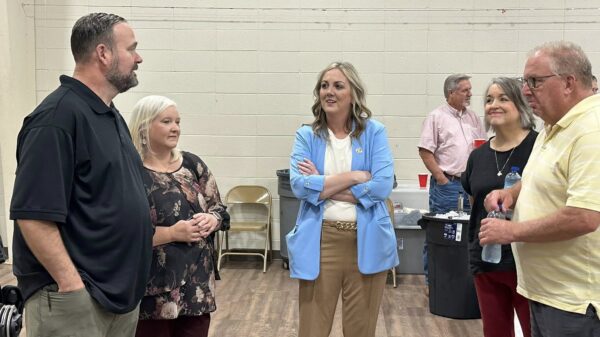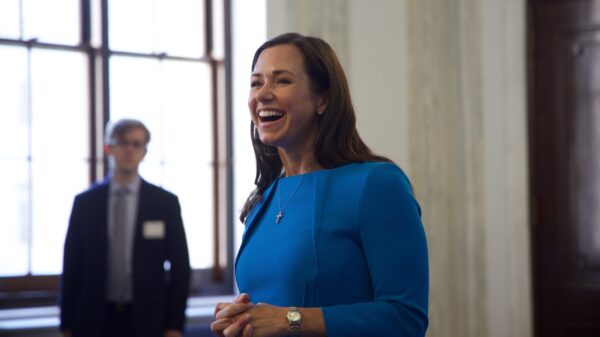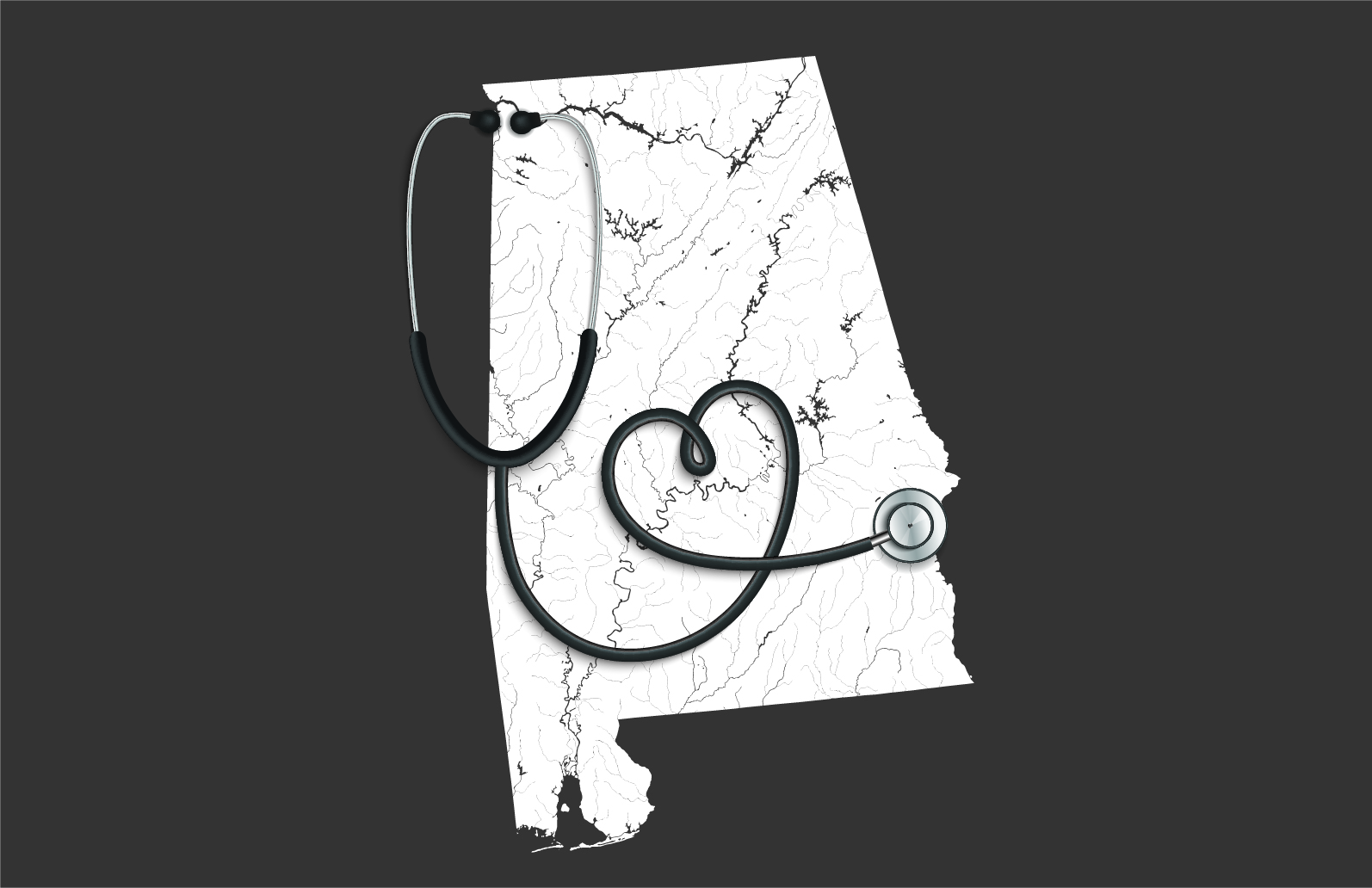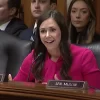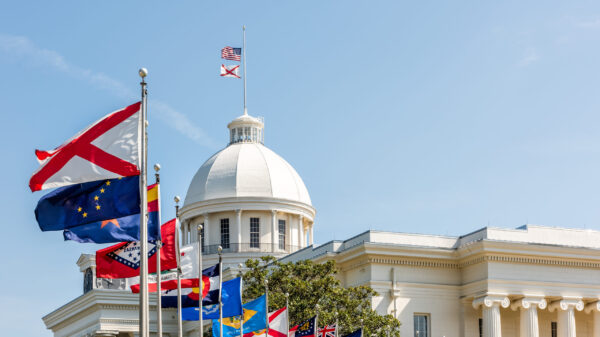By Chip Brownlee
Alabama Political Reporter
A nonpartisan election public interest group is seeking a Federal court injunction ordering Alabama’s Secretary of State to reinstate some felons’ voter registration and educate others on their rights to register to vote.
The group, the Campaign Legal Center, is seeking an injunction from Federal District Court Judge Keith Watkins, who will hear the case Tuesday. The request for an injunction also seeks to force the Secretary’s Office to educate the public about recent changes to election law in Alabama.
Since 1901, felons convicted of “crimes of moral turpitude” have been ineligible to register to vote. But for more than 100 years, there was no clear definition of what a “crime of moral turpitude” was.
“It has been anything but clear what moral turpitude meant,” said Danielle Lang, the lead attorney on the case for the Campaign Legal Center, noting that the Legislature, the Courts nor the Executive Branch had previously defined what the phrase meant. “That led to arbitrary and scatter-shot enforcement throughout the state.”
For years, local registrars decided what it meant. But earlier this year, the Legislature passed HB282, which enumerated a list of 46 types of felonies — including murder, some types of theft, drug trafficking and other violent crimes — that could cause an otherwise eligible voter to lose their right to vote.
Felons who haven’t been convicted of one of the 46 types now have assurance not previously available that they can vote. The hopeful voters can also now register to vote without fearing that they may perjure themselves by guessing if their felony conviction counted as a “crime of moral turpitude,” which was an issue previously, Lang said.
“HB 282 is a step in the right direction because it does re-enfranchise some people with felony convictions,” Lang said in a phone interview. “In order for that to be a reality, there has to be voter outreach. In order to be re-enfranchised, there has to be public education.”
Even with the new legal protections, many have no idea the law was passed, much less the specifics of whether they’re eligible, Lang said. According to information the CLC received from the Secretary’s Office, more than 66,000 people have been purged from the state’s voter rolls based on their felony convictions.
Another 7,000 or more had their applications denied when they registered to vote. But even that number doesn’t cover everyone, Lang said.
“That’s only a fraction of the people who have been disenfranchised because there are a number of people with felony convictions who think they can’t vote so they never register to vote,” Lang said.
In their motion before the Federal District Court, the CLC and their plaintiffs ask the court to order Alabama Secretary of State John Merrill to add updated felon eligibility requirements to the voter registration form, to the AlabamaVotes.gov website and implement a public education plan to educate voters with convictions about their new eligibility.
The group is also arguing that some felons — who are now eligible to vote under HB282 but had their registration denied or struck from the rolls in the past two years — have their voter registration reinstated and be provided an individual notice of their registration.
If Judge Watkins does order the reinstatement of voting rights for those with convictions still eligible under HB282, it isn’t clear how many new voters that would added to the rolls. CLC said they don’t know how many of the 70,000 are now eligible, but they believe Merrill and his office have the information.
Merrill’s office is now going to court over a law he helped champion. Since 2015, he and his office pushed HB282 in order to clarify which felons could vote and give direction to local registrars.
“We want every eligible US citizen that’s a resident of Alabama to be registered to vote and have a photo ID — every one,” Merrill told APR. “We’ve taken several steps to make that possible for certain people.”
In 2015, an earlier iteration of HB282 passed the House but died in the Senate on the last day of the legislative session. And last year the bill passed both chambers but died in conference committee when the Legislature adjourned for the session.
It eventually passed this year and was signed by Gov. Kay Ivey in May, with little fanfare.
“We’re real excited about that because of what it means to our people,” Merrill said. “It gives our registrars clear definitions about what crimes are assigned the term moral turpitude. It enables a lack of need for individual interpretation for those people who are trying to determine what moral turpitude is.”
Merrill said he would have to understand what exactly the CLC was requesting in terms of an education campaign before he could make a decision on what to do, but said he didn’t think there was a physical possibility that conviction eligibility requirements could be added to the paper registration form.
“There’s not really any room to put that on,” Merrill said, noting that the back of the form was filled with mailing information for local Boards of Registrars where applicants send their forms.
As for reinstating felons to the rolls whose registration was recently purged, Merrill said it was unlikely.
“People who have been removed from the voter rolls have to follow a certain procedure in order to be readmitted to the voter rolls, and that requires registration,” Merrill said.
Alabama remains one of 12 states where convicted felons permanently lose their voting rights. But there have been several changes to felons’ voting rights even aside from HB282.
In 2016, the Legislature passed legislation that allows felons who have finished their sentence and paid all fees and fines to apply for a Certificate of Eligibility to regain their voting rights. Merrill backed that legislation, too.
“We were trying to make sure that they could become more involved in their communities at a higher level in a faster way than they ever have before,” Merrill said. “Part of all of that is educating the public as well as these individuals who think they may have been disenfranchised, and in some instances have been disenfranchised, in order to ensure their participation at the level they desire if they’re eligible.”
Lang and the CLC believe that recent legislation isn’t enough. To them, it’s nothing more than a “modern day poll tax.”
“The right to vote now hinges on whether or not you can afford to pay,” Lang said. “You can have two people with the same conviction, with the same exact record. One has money, and one doesn’t. One will be allowed to vote, and one won’t.”
Critics have argued that felon disenfranchisement statutes across the country are the result of Jim Crow-era laws intended to prevent black people from voting.
“It’s done a good job of that so far,” Lang said.
In Alabama, it’s estimated that 15 percent of black people of voting age are not eligible to vote.
Judge Watkins will hear the case Tuesday afternoon in Montgomery. He could give a partial ruling, take the requests under consideration until a later date or issue a full ruling. At a minimum, Lang said she hopes Watkins orders a notice to go on the Secretary of State’s AlabamaVotes.gov website.
But there are a number of elections just around the corner, including a special primary election for US Senate in less than three weeks. Lang and the CLC hope to have some of the issue clarified before then.
Email Chip Brownlee at cbrownlee@alreporter.com or follow him on Twitter.



